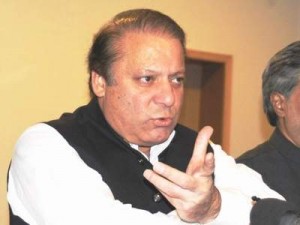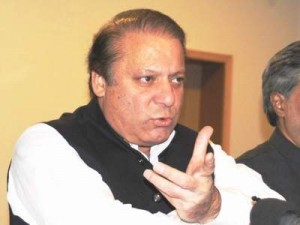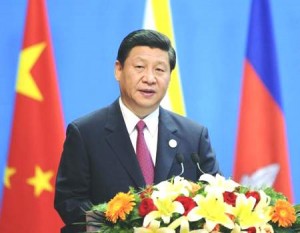Arab News
MUHAMMAD WAQAS
 There is little doubt that education forms the cornerstone of democracy and modern society. Pakistan is finally prioritizing development of education and health sectors to improve the lives of ordinary citizens.
There is little doubt that education forms the cornerstone of democracy and modern society. Pakistan is finally prioritizing development of education and health sectors to improve the lives of ordinary citizens.
Progress on the Prime Minister’s Educational Reforms Program is out there for everyone to see — the country’s first-ever public Montessori sections are now open, while more than 400 public schools and colleges are also planned to be upgraded. These are indeed laudable steps and would certainly benefit the country’s youth. However, the woes of Pakistan’s education system are much more deep-rooted and multi-dimensional.
The Constitution of Pakistan guarantees education as a fundamental human right, but the ground realities present a bleak picture. Almost half of Pakistan’s 53 million children in the 5-16 age bracket, are not attending school. Alarmingly, 55 percent of these out-of-school children are girls.
Poverty, difficult access to schools and a conservative cultural mindset are the main reasons behind these sorry figures. For any education reforms to be successful, there is a dire need to take a more holistic and methodical approach as the country’s education system is characterized by inadequate access and quality, shabby infrastructure and unequal opportunities.
The reform agenda should have clear focus areas including resource commitment, curriculum, human resource training and infrastructure development. It is crucial that the government works closely with public and private stakeholders to address these interlinked focus areas for sustainable results in education reform. While improving access to education is important, the education sector needs to be effective in preparing students for life and equip them with employable skills so that they can make a healthy contribution toward national development. Initiatives for teacher training and curriculum reforms are central to overhaul the education system in Pakistan.
Unfortunately, the education sector also faces the curse of political appointments and untrained teachers. Reform initiatives should focus on inducting teachers purely on merit, monitoring their performance and training them to teach a well-drafted curriculum that encourages critical thinking.
The government needs to strike a fine balance in resource allocation for primary education and vocational training to inject the labor market with skilled workers. The quality of education imparted in public schools, largely attended by children from low-income households, needs to drastically improve if these students are to compete with their counterparts from expensive private schools.
This points out to the need for establishing a transparent and accountable governance system that is free from political influence and keeps the quality in check. The role of decentralized local governments and community support cannot be underestimated in the education reform process.
Reform efforts must focus on creating awareness in the society that education is the key to a brighter future. Another report highlights the poor performance of elected representatives in promoting education in their constituencies.
For meaningful and sustained sectoral reforms, the government must fulfill its promise of spending at least four percent of GDP on education based on the set priorities with transparency and buy-in from all stakeholders. Education reforms should not be about cosmetic changes only; given the urgency of these much delayed reforms, it is now or never for Pakistan.




